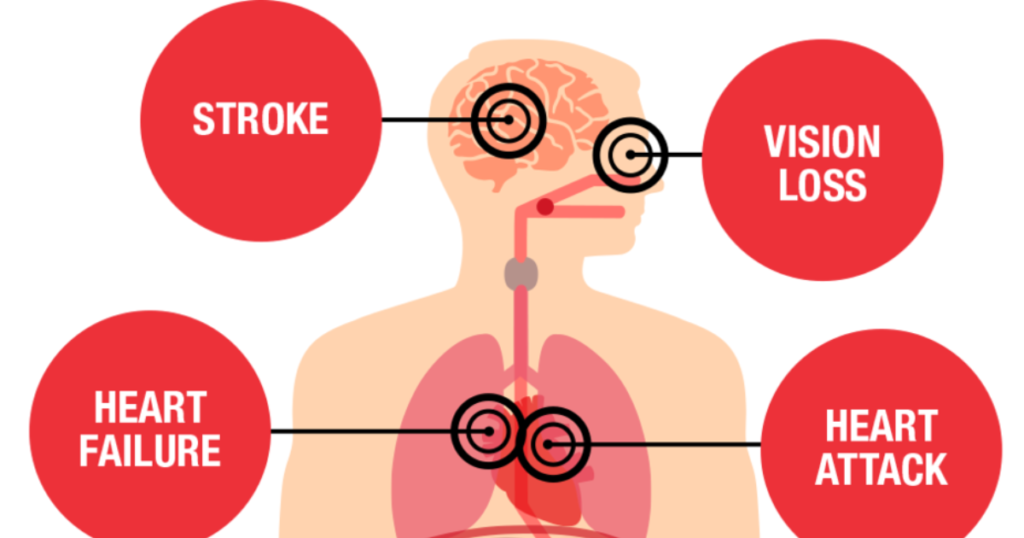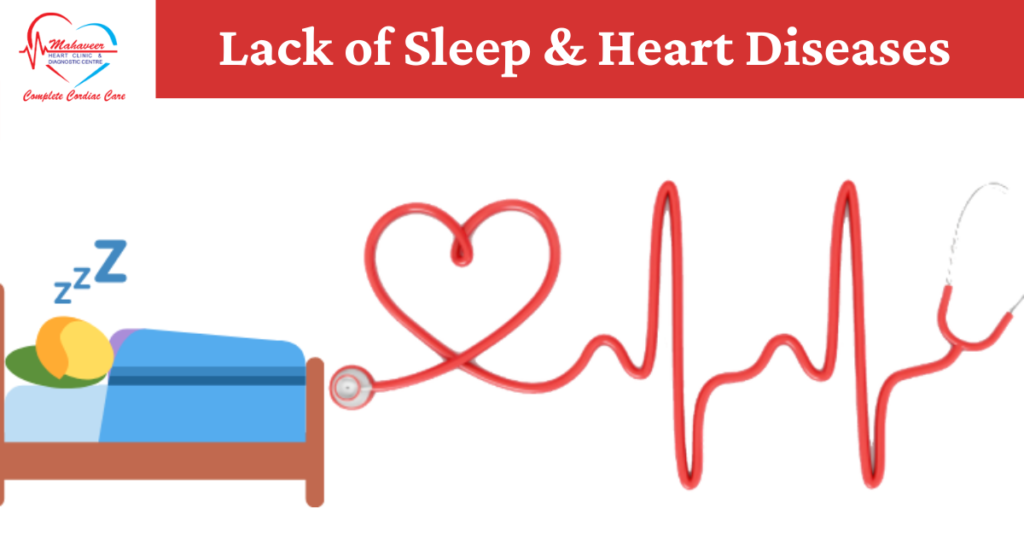As per the Top Cardiologist in MP not only getting enough sleep is important for your energy levels but also for the health of the heart. Discover the link between heart health and sleep.
Sleep is not a habit. It is essential for health. The human body can repair itself while you sleep. Additionally, getting adequate restful sleep enables you to go about your day properly.
Sleep gives the body the chance to recover and rejuvenate, which is important for almost every element of physical health. Insufficient or interrupted sleep can affect blood pressure and increase the risk of heart disease, heart attacks, diabetes, and stroke in the cardiovascular system.
Therefore, getting enough sleep can contribute to living a heart-healthy lifestyle for those who already have heart issues and may help prevent harm to the cardiovascular system.
How Does Inadequate Sleep Affect Heart health?
The Top Cardiologist in MP suggests that there is strong evidence that sleep disorders, such as sleep deprivation and fragmented sleep, are harmful to heart health.
Without enough sleep each night, a person doesn’t spend enough time in the deep. People who experience frequent interruptions in their sleep may experience the same issue.
Chronic sleep loss has been associated with a variety of cardiac issues, including high blood pressure, high cholesterol, heart attacks, obesity, diabetes, and stroke.

Sleep and Blood Pressure – Top Cardiologist in MP
Blood pressure often decreases by 10% to 20% while you’re sleeping well and normally.
Poor sleep is linked to non-dipping, which is when a person’s blood pressure doesn’t drop at night due to lack of sleep or sleep interruptions. According to the Top Cardiologist in MP having high nighttime blood pressure is associated with generalized hypertension (high blood pressure).
In fact, it has been discovered that high blood pressure during the day is not as predictive of heart issues as high blood pressure at night. Non-dipping has been linked to a higher risk of heart attack and stroke. Additionally, it has been connected to kidney issues and poor blood supply to the brain.
The Top Cardiologist in MP says that sleep loss has the effect of raising daytime blood pressure. However, not everyone is affected equally. In middle-aged people, the connection between sleep deprivation and high blood pressure is strongest. People with high blood pressure are more likely to experience it after years of chronically poor sleep if they work long hours or have other risk factors for the disease.
Sleep and Coronary Heart Diseases – Top Cardiologist in MP
Nowadays heart disease is a leading cause of increasing the death rate. It is sometimes referred to as coronary artery disease. It occurs when the plaque buildup in the arteries, causes them to harden and narrow. The heart’s capacity to receive enough blood and oxygen is decreased as a result.
The effects of sleep on blood pressure are thought to have an impact on how sleep deprivation affects coronary heart disease. The arteries are strained by hypertension, which reduces their ability to carry blood to the heart and makes heart disease more likely.

Sleep and Heart Failure – Top Cardiologist in MP
The human body requires some amount of oxygen and blood to function the organs of the body in the proper way. Heart failure basically occurs when there is insufficient blood flow to the heart. Strong correlations between sleep issues and heart failure were observed by the Top Cardiologist in MP.
Less than seven hours of sleep a night increased the chance of heart failure in a person. Heart failure was also more prevalent in individuals who had other signs of poor sleep, such as symptoms of insomnia, daytime sleepiness, snoring, and an evening personality. One’s risk of developing heart failure increases with the number of symptoms of poor sleep they experience.
Sleep and Type 2 Diabetes – Top Cardiologist in MP
Various factors affect blood sugar levels, but the Top Cardiologist in MP says that sleep deprivation makes glucose metabolism worse. Prediabetes, a form of glucose intolerance that does not meet the criteria for diabetes, is linked to poor sleep. Insufficient or disturbed sleep may make it more difficult for people with diabetes to control their blood sugar.


